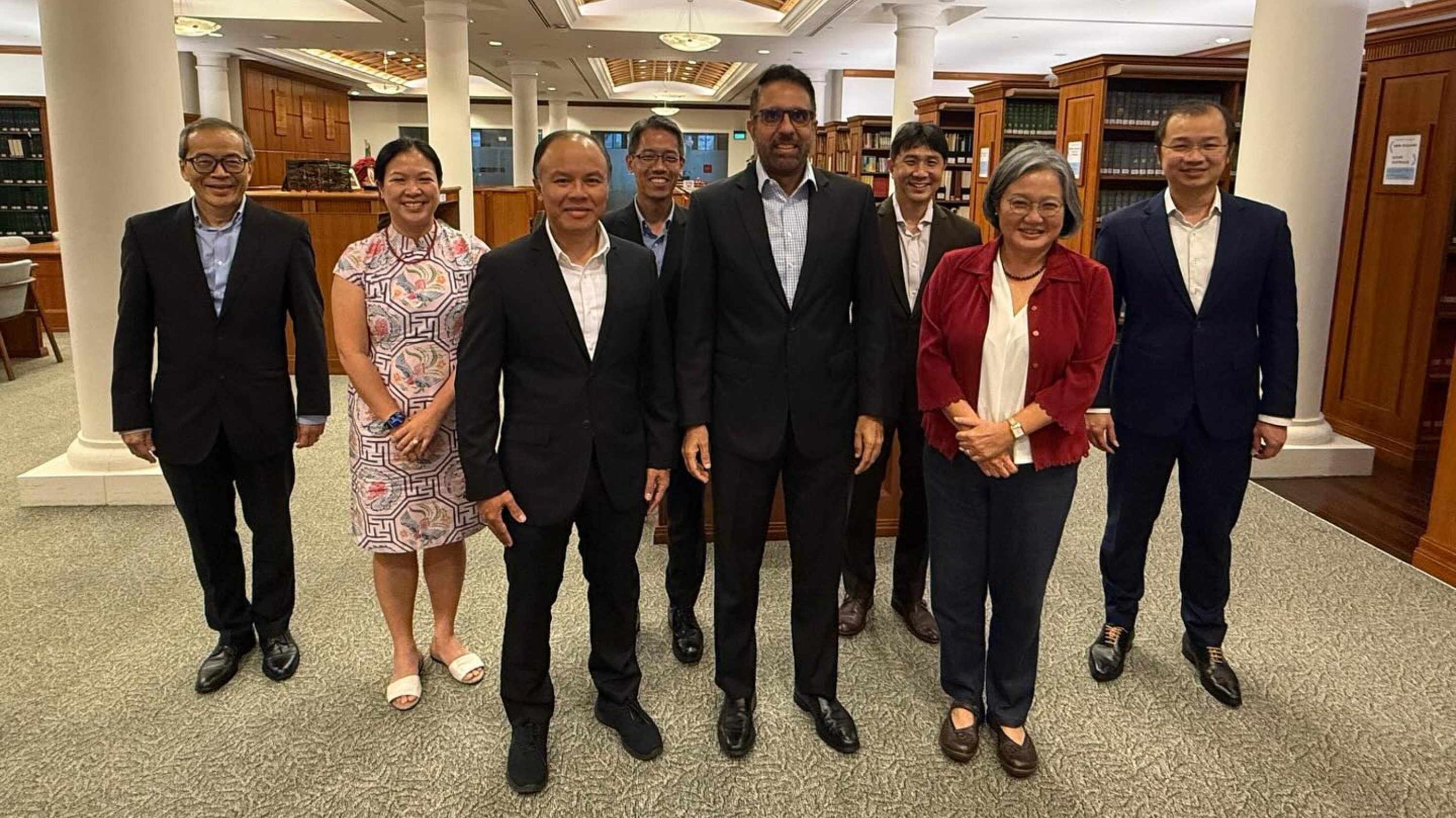SINGAPORE: The tariffs announced by United States President Donald Trump sent shockwaves across the world, including Singapore. On Friday (April 4), Prime Minister Lawrence Wong sounded a sober note as he warned that trade-reliant Singapore could be hit by Mr Trump’s “Liberation Day” tariffs more than other countries.
The following day, Workers’ Party chief Pritam Singh wrote in a social media post that PM Wong was “correct” and echoed his call for Singaporeans to unite, noting, “Unity in diversity, regardless of race or religion, is Singapore’s best response to an unknown future.”
On Tuesday (April 9), the party issued a statement on the tariffs, saying the WP was not only disappointed but also “particularly concerned over the effects of the tariffs on Singapore businesses and employment”.
It noted that the tariffs would particularly affect workers in outward-facing sectors of the economy, such as trade, finance, and tourism, as well as Singapore’s internationalised businesses.
“A worsening economic outlook—or even a recession—will adversely affect employment. Tariffs may reignite inflationary pressures, which could exacerbate the already high costs of living,’” the statement reads.
The WP noted how Singapore-US ties would be affected on economic and security fronts, as the US is one of the city-state’s major trading partners and its largest foreign direct investor. It added that retaliation against the tariffs has begun and could lead to an escalating global trade war.
“There is a sense of increasing uncertainty over the international economic landscape,” the party noted. It made four recommendations for what Singapore could do in the face of the tariffs. First, it urged the government to start bilateral negotiations with the US, adding: “Singapore must reserve its right to turn to relevant dispute settlement mechanisms.”
The second recommendation is based on the fact that Singapore is part of the fifth-largest economy in the world, the Association of Southeast Asian Nations (ASEAN). The party urged the city-state to take advantage of ASEAN’s combined economy “to negotiate collectively with the US to increase our relevance and leverage”.
Third, the party wrote that trade relationships within ASEAN and other blocs should be strengthened to provide “the necessary ballast to forgone trade with the US while also signalling our continued commitment to an open global trading regime”.
Its final recommendation noted that the 10% tariff the US imposed on Singapore is lower than others in the region and urged the city-state’s economic agencies to step up efforts to help local businesses seize opportunities as they come.
The WP, which in the past has called for stronger social safety nets for Singapore’s workers, repeated calls for additional measures to support households, including mandatory retrenchment benefits.
“Singapore will have to remain nimble and fleet-footed as it navigates this turbulent period, and Singaporeans must remain united and row in the same direction. The strength of our nation has always been unity in diversity, and this must include an openness to rational and responsible policy, proposed along all political quarters. It is only through welcoming such diversity of ideas that we will emerge stronger through the storm,” the WP said.
The statement has gone over well with many Singaporeans, who approved of the concrete plans it contained.
“Very well said, especially the part on banding with ASEAN to strengthen our negotiating chips. That’s already what the EU is doing. This is precisely one of the reasons why a strong opposition in Parliament is crucial, to provide good ideas,” one wrote.
Read The Workers’ Party’s full statement on the US tariffs here. /TISG

